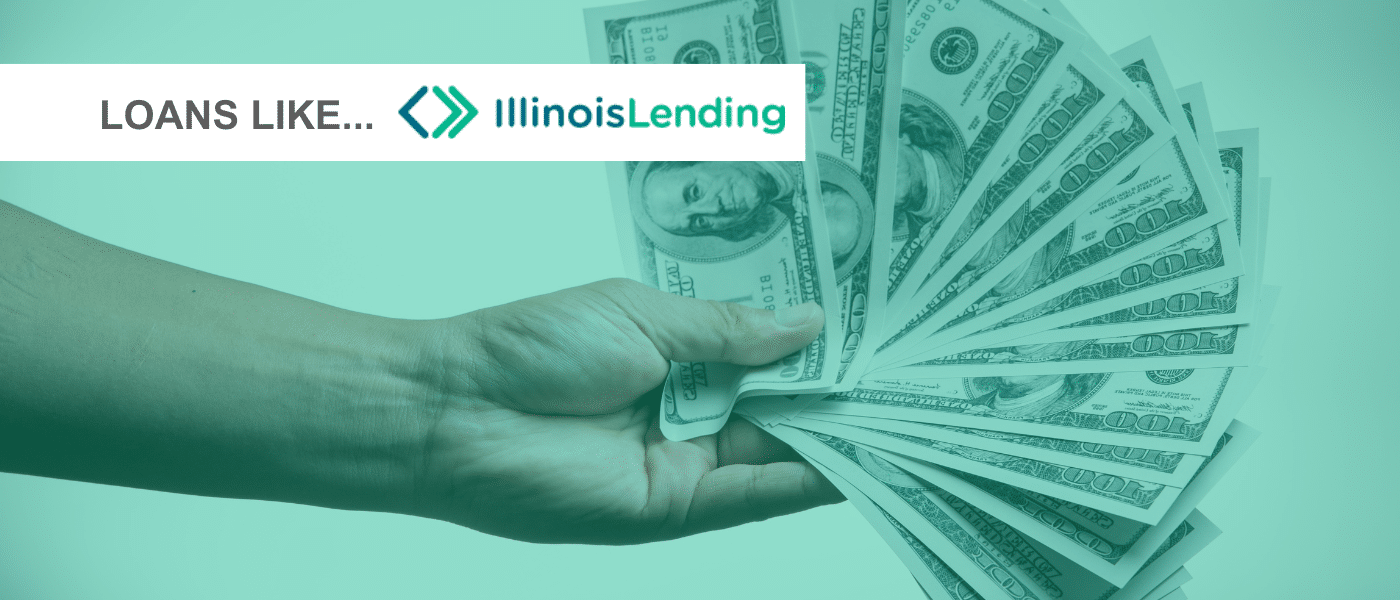Loan delinquency occurs when the loan is past due. Default occurs when a borrower stops making payments on their loan.
Paying your loans on time is essential to avoid late fees, credit score decreases, and account issues. However, life can be unpredictable, and you may find yourself struggling to keep up with monthly payments.
Loan delinquency and default are possible when a borrower falls behind on payments. Unfortunately, 28% to 29% of all student loan borrowers default, which can hurt their finances.1
If you’re confused about these terms, that’s okay! Keep reading to learn the difference between loan delinquency and default and how to avoid future missed payments.
What Is Loan Delinquency?
Suppose you fail to pay your 600 loan by the due date. In that case, you have a delinquent account until you make the monthly payment or arrange an alternative solution with the lender.
For example, if you cannot pay your student loan this month, you can talk to your lender about the difference between deferment and forbearance. You may be able to choose one of these repayment options.
The best way to avoid delinquency is to make monthly payments on time. Talk to your lender about potential solutions if you know you will miss a payment ahead of time. If your account remains delinquent and you miss several payments in a row, you can default on your loan.
What Is Default?
When an account stays delinquent, it will eventually go into default. When a loan defaults, the financial institution will inevitably send the debt to a debt collection agency. A debt collector working for a debt collection agency will contact you and attempt to recoup the entire loan balance.
The number of missed payments required to go into default depends on the type of loan you have and the lender. If you have more than one missed payment, talk to your lender to learn how many missed payments result in default.
How Many Missed Payments Result in Loan Delinquency and Default?
The number of missed payments that lead to delinquency or default depends on your loan type and the financial institution. Below are a few examples of standard loans and the average number of payments you can miss before your credit history gets affected.
Federal Student Loans
Student loan delinquency occurs after the first missed payment on federal loans. Suppose your account remains delinquent for more than 90 days. In that case, the loan provider will report your delinquency to one of the three major credit bureaus.
Have you obtained a loan through the William D. Ford Federal Direct Loan Program or Federal Family Education Loan Program? In that case, your loan will default if you don’t make payments within 270 days. And if you got a student loan through the Federal Perkins Loan Program, that loan defaults if you fail to pay by the due date.
Mortgage Loans
You can default on a mortgage loan as soon as the first missed payment. If you fail to make a payment within 30 days, your mortgage loan can typically default. Mortgage lenders usually start foreclosure on a delinquent loan after three to six months of missed payments.
Unsecured Loans
Delinquency on unsecured loans happens after you miss one monthly payment. But default on an unsecured loan typically occurs after 30 to 90 days of late loan payments. Lenders send defaulted loans to debt collection agencies. You may have to appear in court in the event of a lawsuit. The debt collector can garnish your wages if the court judgment is in the creditor’s favor.
Auto Loans
Many auto loan lenders only provide a 30-day grace period before the auto loan defaults. Since you used collateral to secure the auto loan, you can lose your car! Once you default on an auto loan, the lender can repossess your vehicle and sell it at auction to recoup the remaining loan balance.
Credit Cards
Typically credit card companies consider a loan in default after six months of not making at least the minimum monthly payment. After defaulting on a loan, your credit card account may be sent to an internal collection department or sold to a debt collection agency.
How Does Loan Delinquency and Default Affect Your Credit?
Learn how loan delinquency and loan default affect your FICO score and credit reports below.
| Aspect | Loan Delinquency | Loan Default |
| Credit Report | Delinquencies are reported to credit bureaus and can negatively impact credit scores. | Defaults are also reported and have a more severe negative impact on credit scores than delinquencies. |
| Duration on Report | Delinquencies can remain on a credit report for up to 7 years. | Defaults also stay on the credit report for up to 7 years, but they are more damaging. |
| Credit Score Impact | Each missed payment can lower the credit score. The impact can increase with the duration of delinquency. | Defaults can lead to a significant drop in credit score, often more than delinquency. |
| Future Credit | May lead to higher interest rates on future loans and difficulty obtaining new credit. | Can result in being denied for new credit or loans, or very high interest rates if approved. |
| Recovery | Possible through regular payments and reducing outstanding balances. | More challenging and takes longer. May require settling the debt or waiting until it falls off the report. |
How To Avoid Late Loan Payments
If you have trouble paying your bills on time, don’t worry! There are various ways to organize your finances and avoid late payments.
Sign Up for Automatic Payments
If you have not yet signed up for automatic payments, consider doing so! Auto payments deduct your monthly amount from your bank account automatically. You do not have to worry about missing a due date since charges are withdrawn automatically. Just ensure that you have sufficient money in your checking account by the payment date to avoid a non-sufficient funds fee (NSF).
Change Your Due Date
Many people struggle to pay loans and bills on time because the due date is a few days before their pay period. However, you can contact your lender to request a different due date! Changing the day your monthly payments are due can help you plan your finances and avoid missed payments.
Ask for a Deferment or Extension
A deferment allows you to stop making payments on student loans and mortgage loans temporarily. During the deferment period, usually lasting a few years, you don’t have to pay the principal amount or interest fees. Most lenders only offer deferment to borrowers experiencing financial hardship.
An extension, or grace period, is a short-term solution that allows you to skip one monthly payment without penalty. Extensions are typically given to borrowers that have loans with monthly installments, such as fixed rate loans or installment loans. Review your loan agreement or talk to your lender to see if an extension is possible.
Consolidate Your Debt
If you have so many monthly bills that you repeatedly miss payments, consider consolidating your debt. Debt consolidation allows you to merge multiple credit card balances or loans into one account. This way, you pay one monthly bill instead of several! Consolidating debt can also help you save money by obtaining an affordable interest rate and extended repayment length.
Set Alerts and Reminders
Setting up alerts and reminders on your phone can help you prevent missed payments on your loans. Life can be hectic, and it’s easy to forget due dates until it’s too late. Setting up alerts on your phone’s calendar can help you avoid late payments and improve your payment history on credit reports.
FAQs About Delinquency and Default
If you miss a payment on your federal student loan, it will be reported as delinquent to the credit bureaus. This can negatively impact your credit report, especially if the borrower fails to make subsequent payments.
A default can stay on your credit report for up to seven years, making it crucial to address any delinquencies before they escalate to defaults.
Settling a defaulted debt won’t remove it from your credit report. It will still show as settled for the remaining period, but it’s better than having an ongoing default.
Yes, you can improve your credit score after a default by adopting good financial habits, like paying bills on time, reducing outstanding balances, and avoiding new credit card debt.
A charge-off occurs when a creditor gives up on collecting a debt after several missed payments, typically around six months. A default is when the borrower fails to make payments as agreed, leading to the debt being potentially sold to a collection agency.
A Note From CreditNinja on the Difference Between Delinquency and Default
At CreditNinja, we want you to know that there are several ways to prevent delinquency and default.
Organizing your finances is the single best way to avoid missing payments. You can set up alerts or sign up for automatic payments to make the payment process more manageable. Establishing a budget plan can also help you maintain enough money in your bank account to pay all your bills.
If you need additional time to come up with the money necessary to avoid default, ask your lender for a deferment or extension. You may also consider using a CreditNinja personal loan to get quick financial relief during an emergency.
References:






